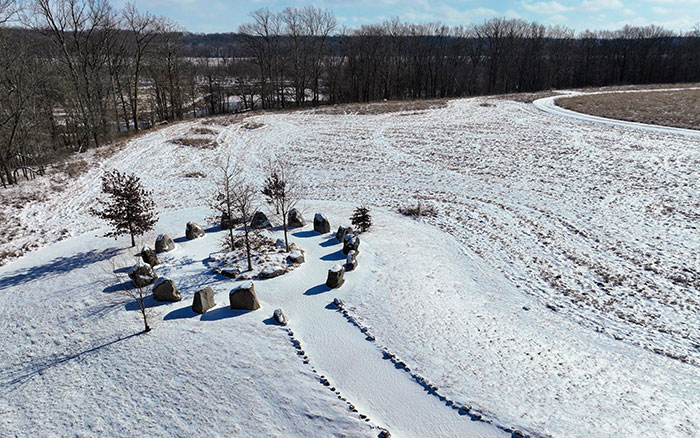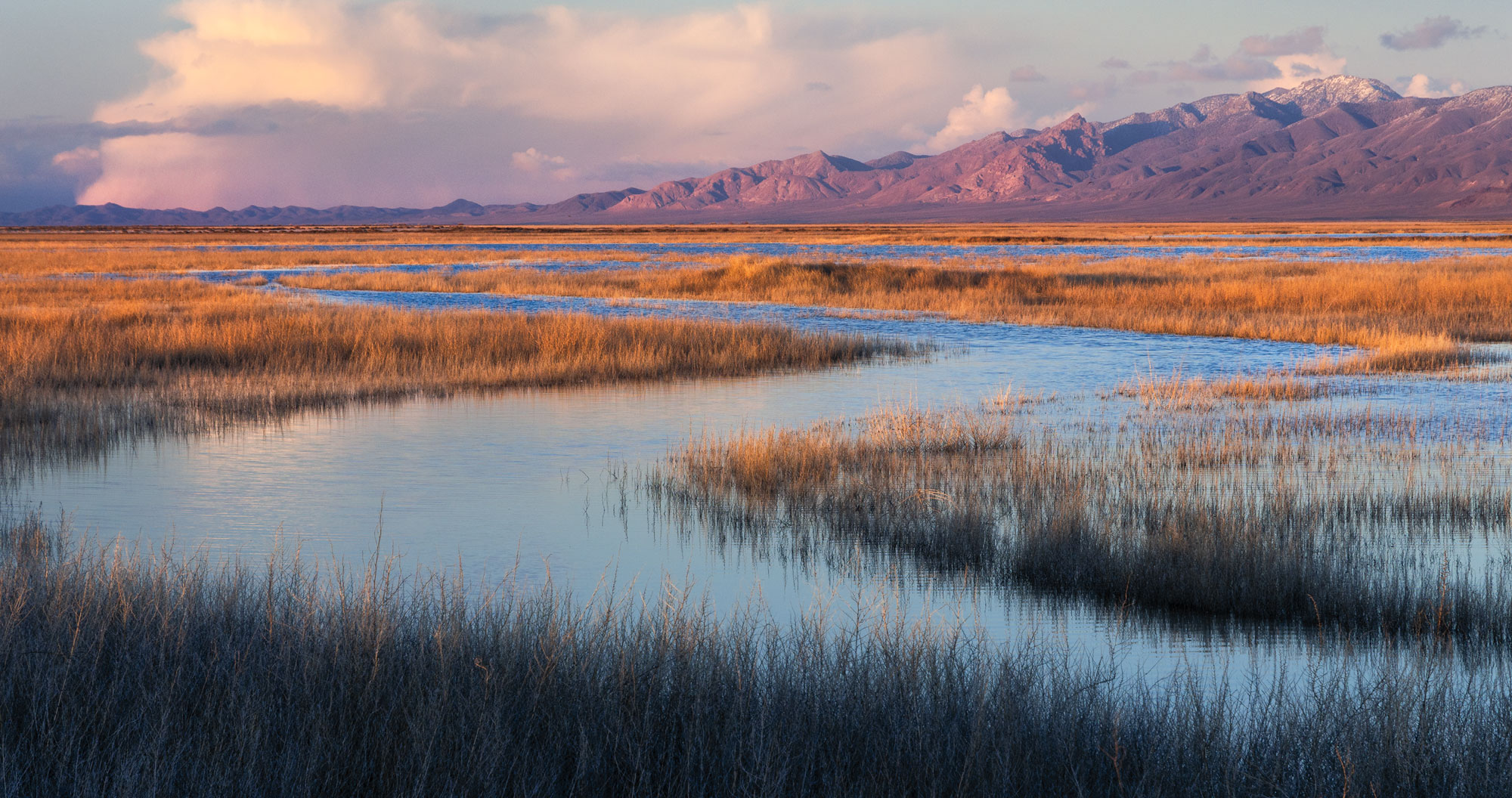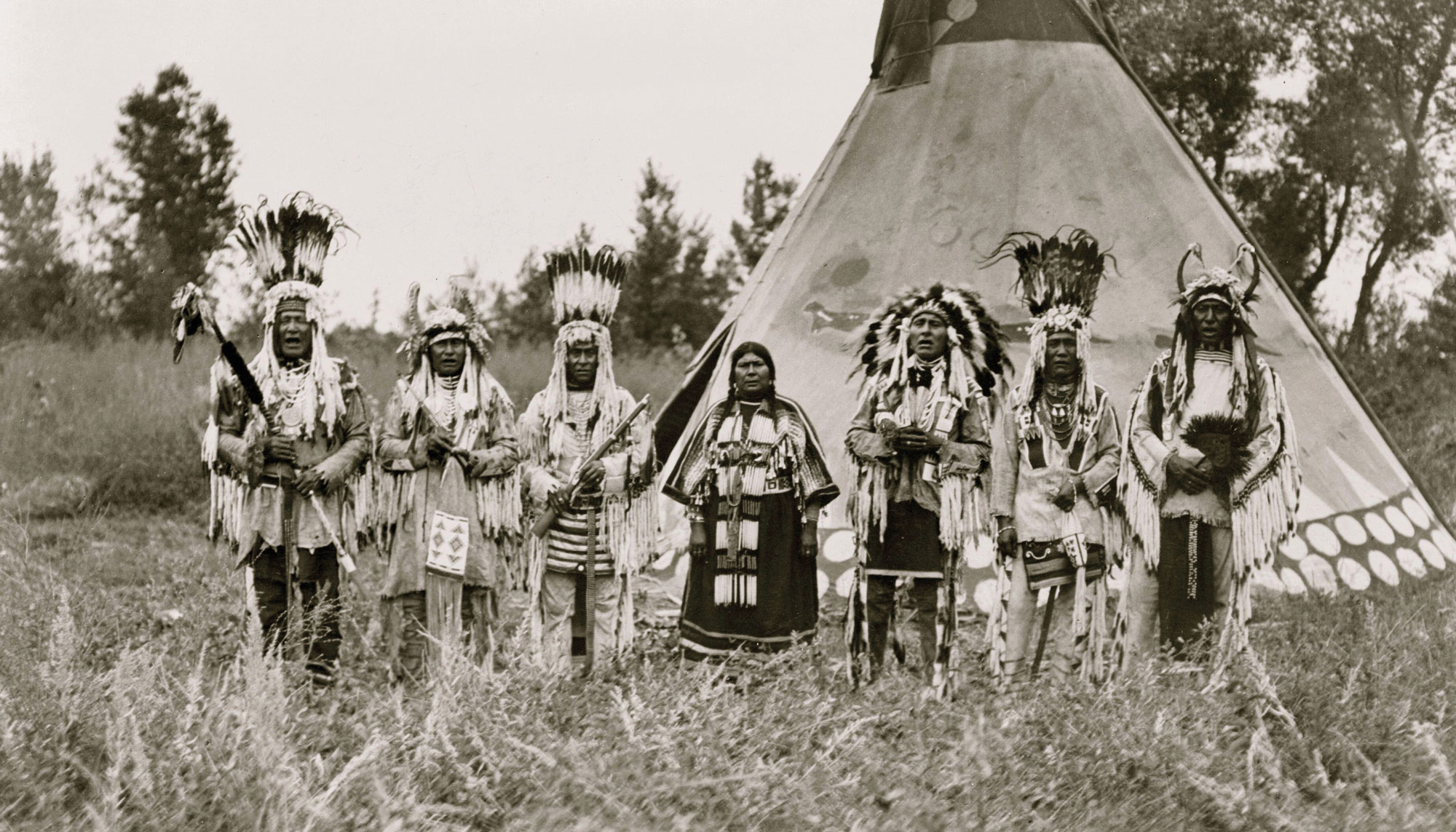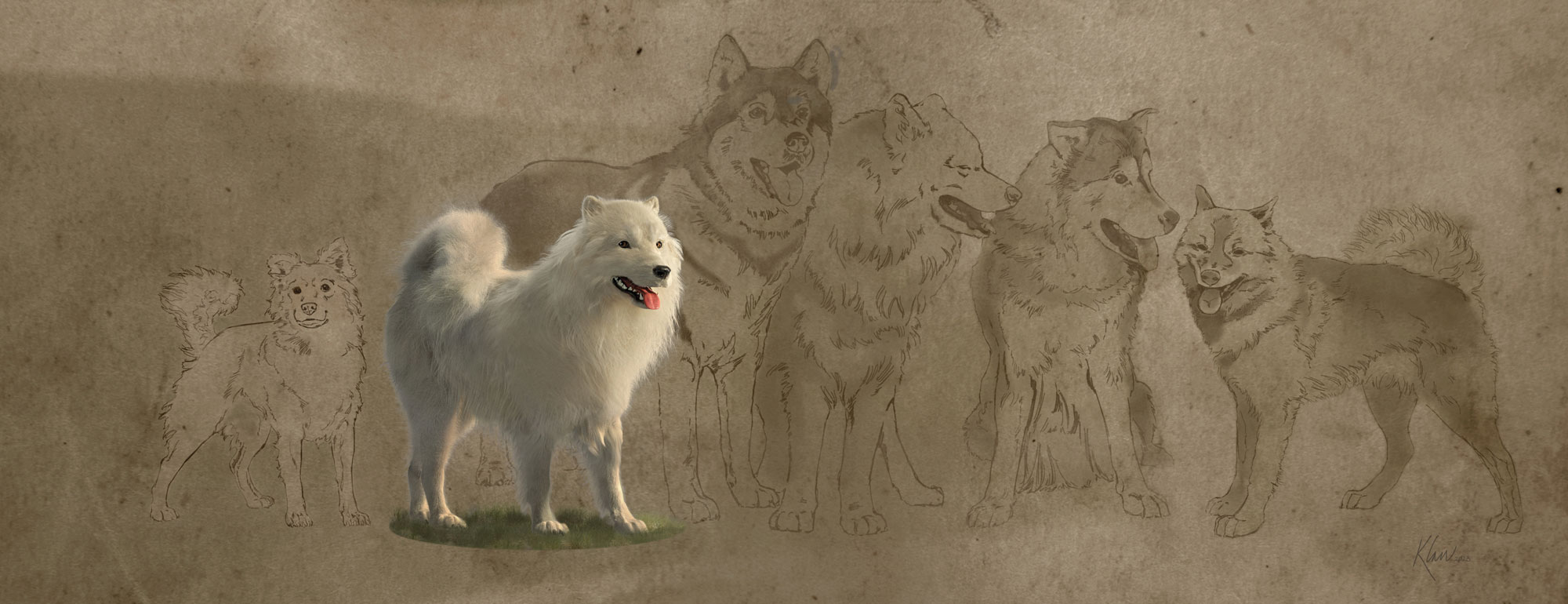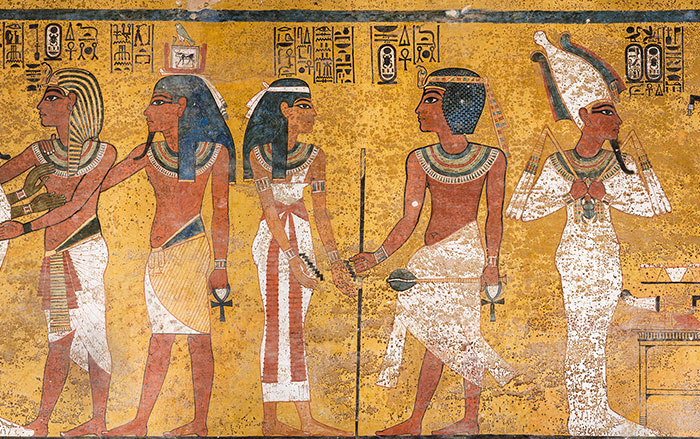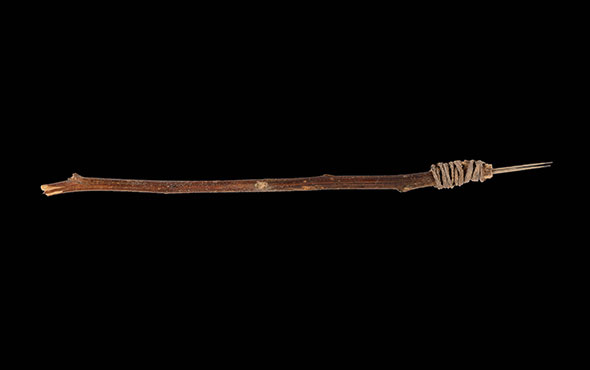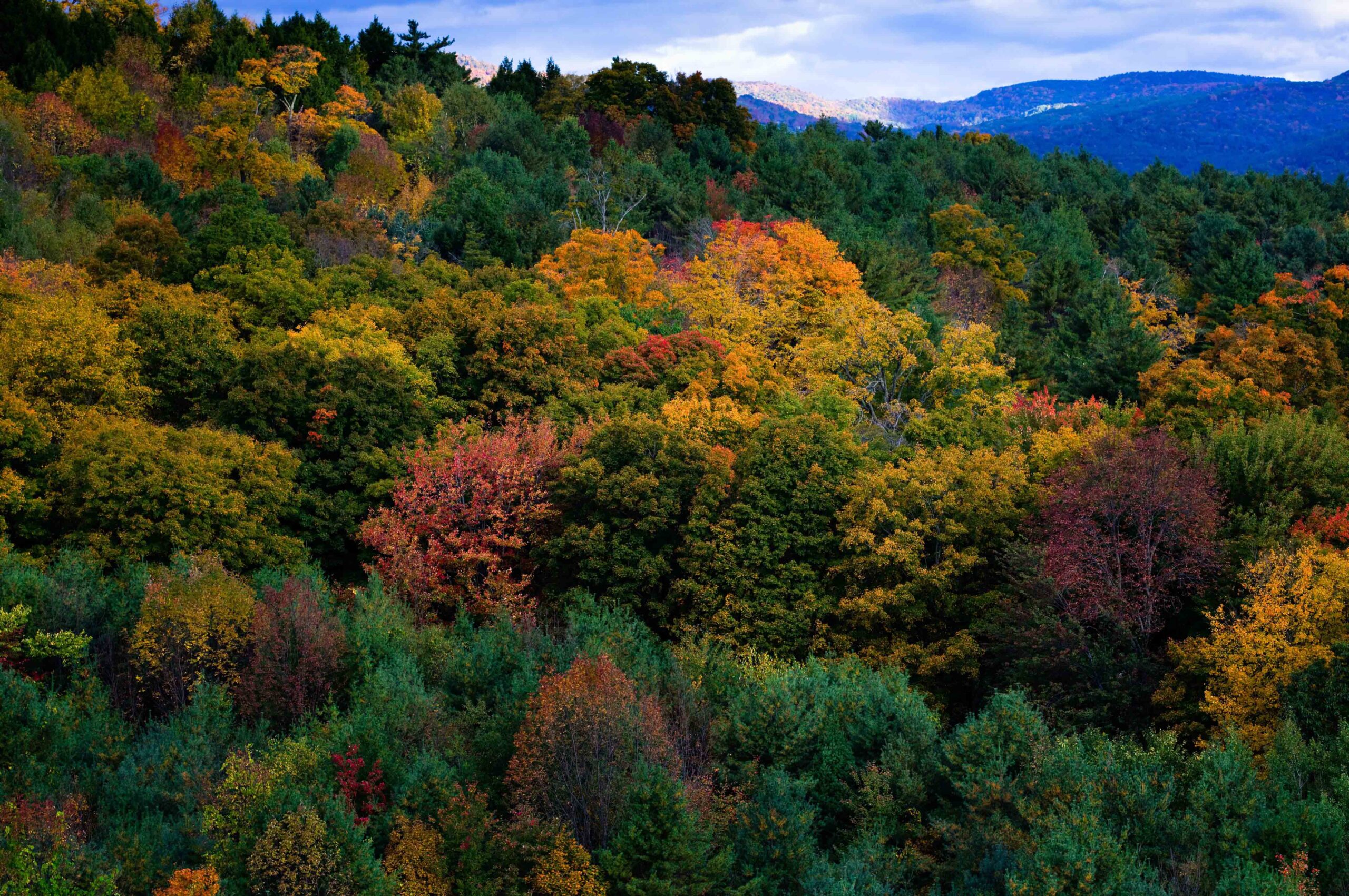
One surprising effect of European colonization of the Americas was a cooling of the Earth’s climate, researchers at University College London have determined. The team, led by geographer Alexander Koch, estimates the indigenous population of the Americas at the end of the fifteenth century to have been around 60 million. Over the next century, this population declined by some 90 percent, largely due to epidemics introduced by Europeans. As a result, around 215,000 square miles of cultivated land, roughly the area of France, was left fallow and reverted to forest. This sucked up enough carbon dioxide—a greenhouse gas that traps heat in the atmosphere—to lead to cooling.
This process took place amid an extended cold stretch known as the Little Ice Age, which lasted from around 1250 to 1850. Other factors that contributed to cooling during this period included numerous widespread volcanic eruptions and natural fluctuations in solar radiation. But, Koch says, the effects of colonization played a key role in driving temperatures down in the early seventeenth century, adding, “This is thought to be the coolest part of the Little Ice Age.”



